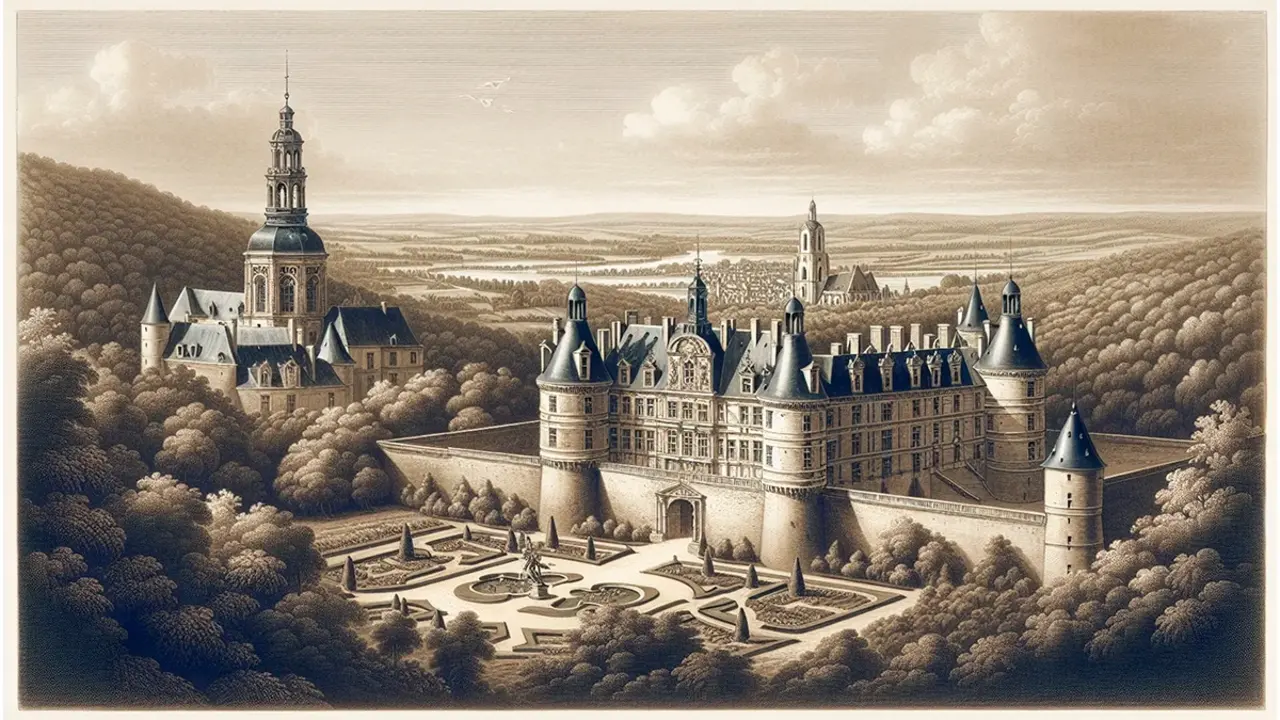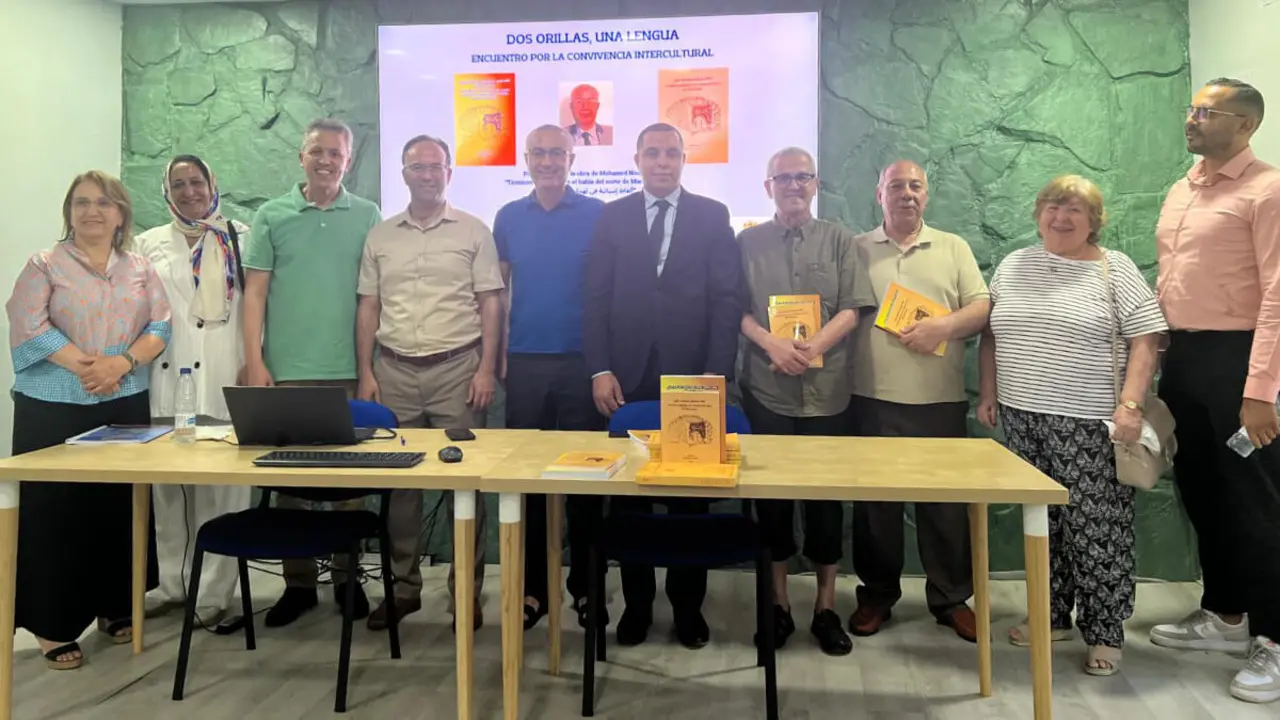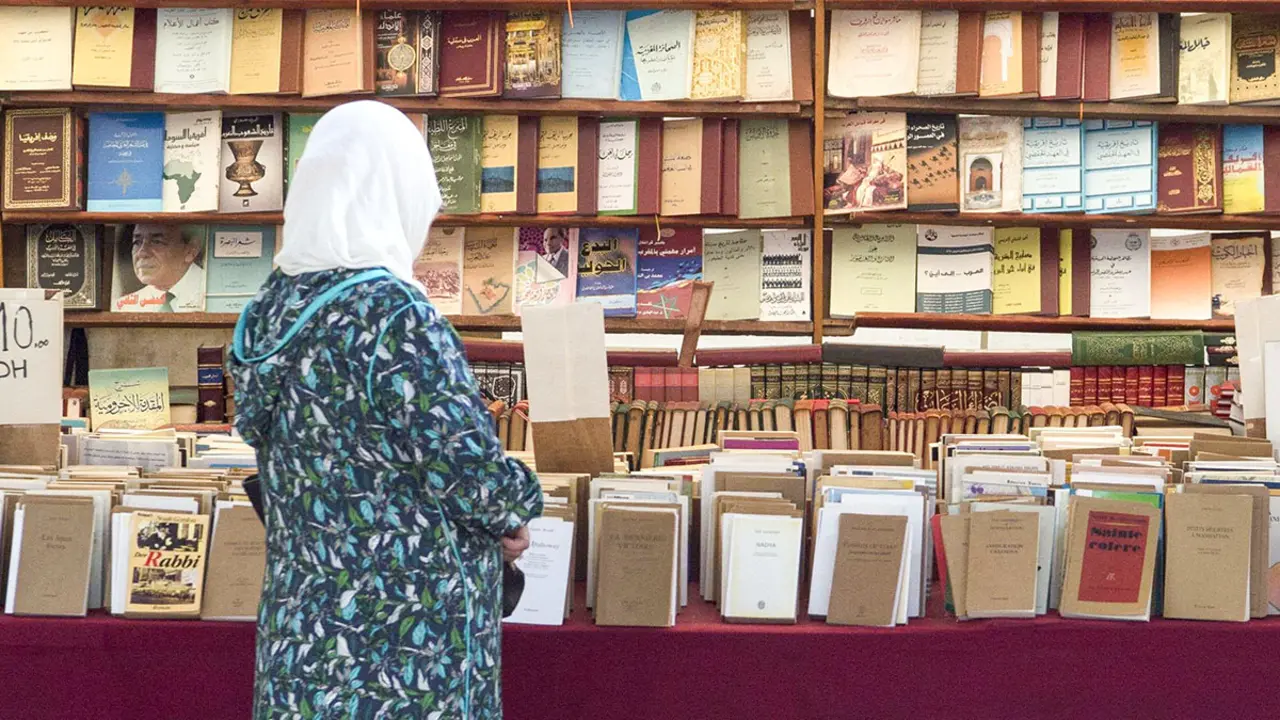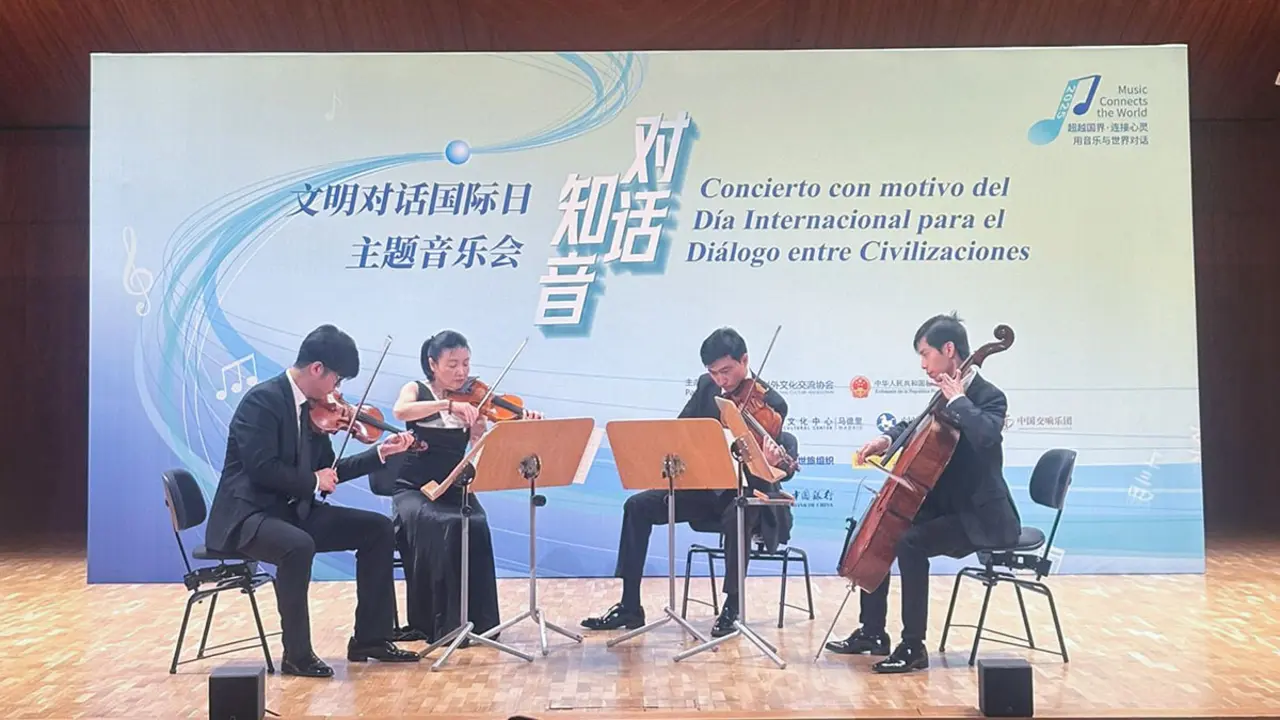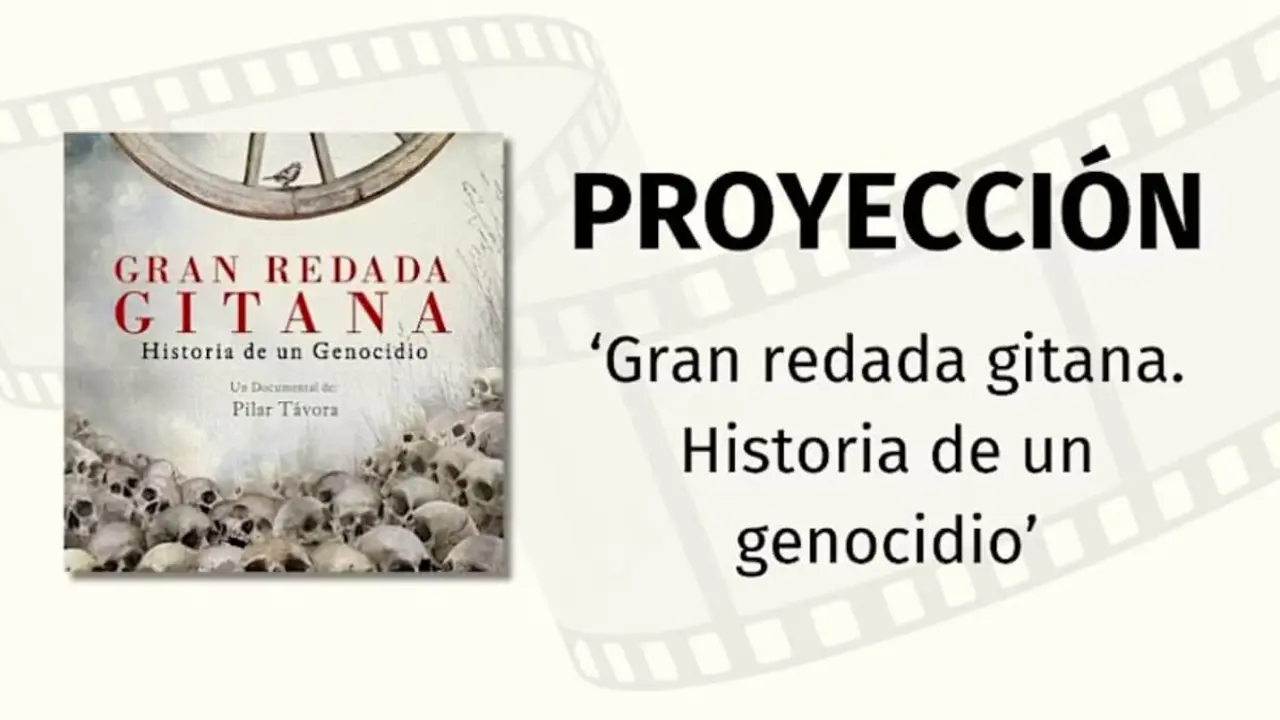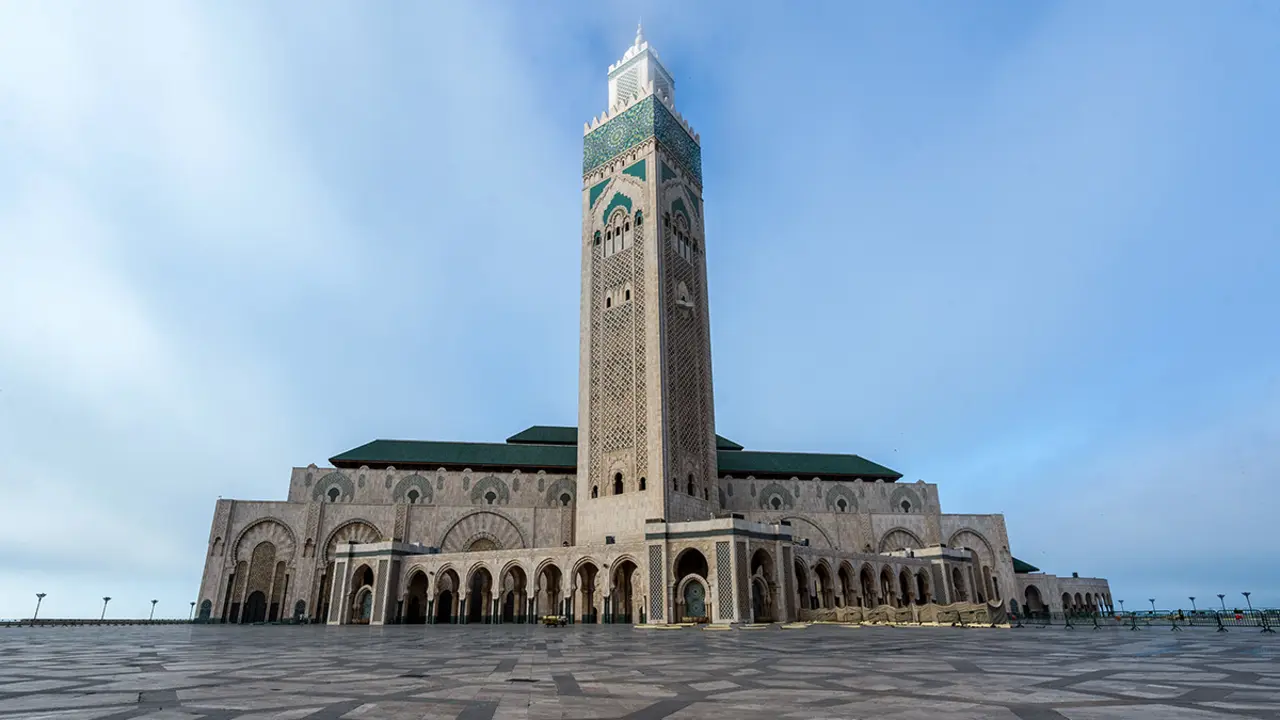2100: A History of the Future

It could be what used to be called an anticipation story, but it is not. It is a dense book, a compilation of all the advances experienced by the world as a basis for outlining the future of humanity 75 years into the future. 2100: A History of the Future (Ed. Harper Collins, 238 pp.) is a reference and bedside book, in which the author, Borja Fernández Zurrón (Gijón, 1992), unpacks the geopolitical and technological keys "to understand the world in which your grandchildren will live".
With a great work of synthesis, Fernández Zurrón covers the planet, from the passage in the 20th century from the Industrial Revolution to digitalisation, until reaching the defining characteristic of the current 21st century: artificial intelligence, which will radically change the whole world we have known to become one that would be absolutely unrecognisable to someone who woke up at the beginning of the 22nd century after a hibernation no longer than the length of an average human life today.
The book addresses and makes very accessible to the reader both the geopolitical changes that are developing as a result of the now undisguised war for world domination, as well as the relentless struggle to find alternative sources of energy, the conquest for rare earths, supermaterials and semiconductors or the irruption of the blockchain and cryptocurrencies, without forgetting the new reality of the metaverse. In short, it describes what is the beginning of a new society, something difficult to imagine for anyone who has not lived through the present or even for all those of us who have and also study it.
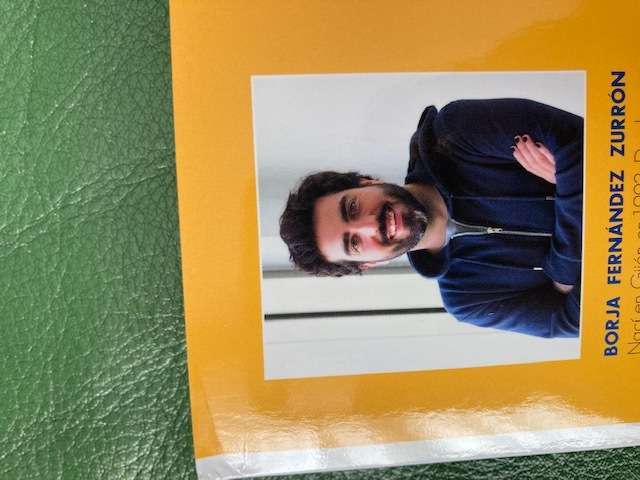
We are, then, facing a total change in human paradigms, revolutions in all technological fields, the end of the economic standards that have governed societies since time immemorial and political transformations from which new movements and new ideas will emerge. The end of the world as we know it, and the birth of a new one.
Perfectly structured over fourteen chapters, the author himself urges his readers to open their eyes wide and have their minds ready to assimilate this cataract of changes, enjoying, for example, the first experience in the metaverse; relieving themselves with that illness that you are spared thanks to having your DNA sequenced; meeting the first person capable of living one hundred and fifty years thanks to genetic engineering; enjoying a walk through a futuristic city free of emissions and pollution; preparing to go to a wedding in which someone you know marries a robot powered by artificial intelligence; or playing God through quantum computing.
The book does not avoid the other side of the coin: the risks facing humanity, which has already created enough weapons technology to destroy all traces of life on Earth. All of this leads to the conclusion that "the human being is in danger, apocalypse is now more possible than ever, but at the same time, the chances of having a better life in the future than humanity has enjoyed so far are also greater than ever".


